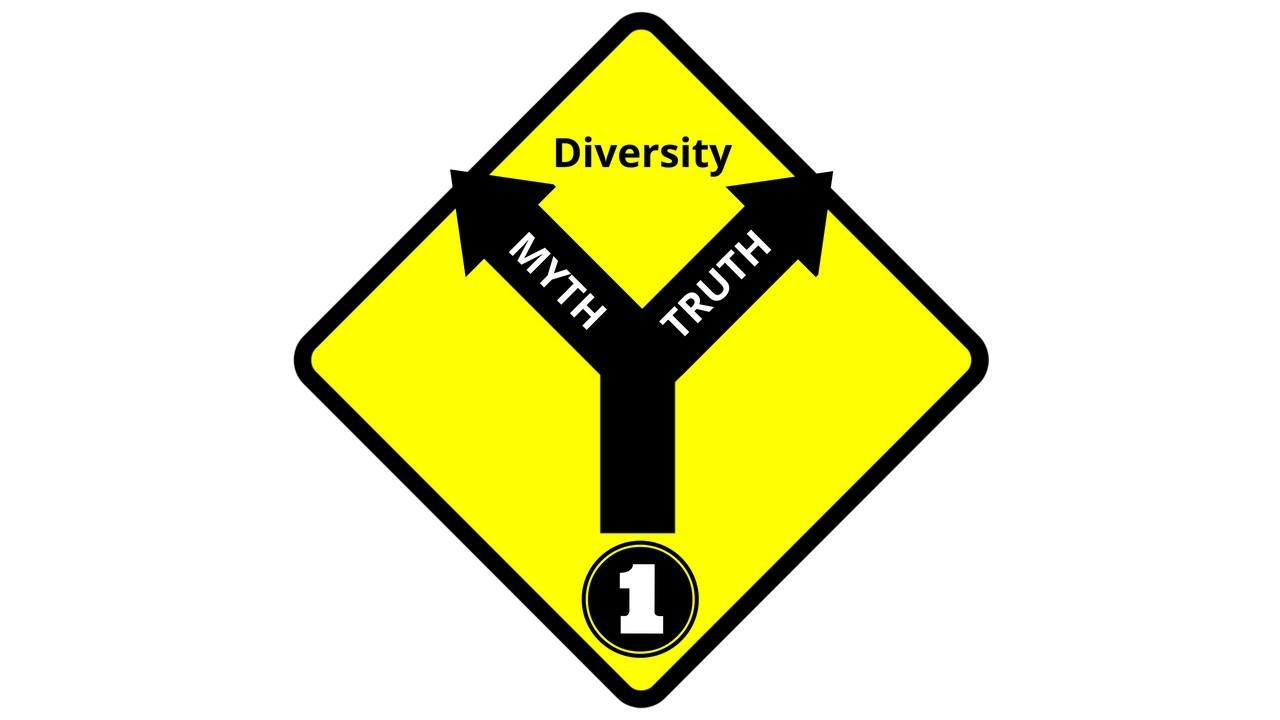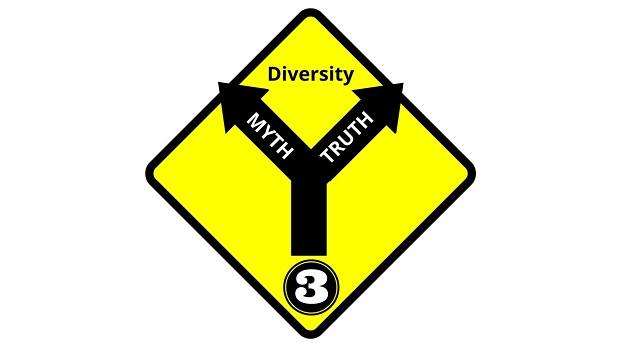A press release issued this week by The Association for Psychological Science said that a new article, published by Evan Apfelbaum of the MIT Sloan School of Management and colleagues, showed that efforts to ignore race can backfire.
“Shutting our eyes to the complexities of race does not make them disappear,” the researchers asserted in the Current Directions in Psychological Science, a journal of the Association for Psychological Science. They discovered that taking a “blind” approach to race actually thwarts the advancement of diversity and inclusion. They suggested that talking about differences—creating meaningful dialogues—was a much better way to achieve the goals of diversity. While I am pleased that the research confirmed what we practitioners have been saying for decades now, these types of findings bring out my impatient side and I just want to say “duh”. Did we really need to do a study to prove that being “blind” to differences would not bode well in our quest to create cultures that value and respect every individual? Does it not make sense that the more knowledge I have about others and their culture (beliefs and values), the better relationships that I can develop and the less opportunity there will be for me to use assumptions and stereotypes to make judgments?
We really need to recognize that diversity exists everywhere on the planet—human diversity, animal and plant diversity, etc. Diversity is a natural phenomenon.
I cannot count the number of times in the 28 years that I have been in business that a well meaning person has said to me, “Mary-Frances I don’t see you as a ‘black person’ I just see you as a person, the same as me.” I truly do know that these individuals mean to be welcoming and want me to know that they accept me. However, I am a black person, proud of my identity and I want you to “see it”. I want you to be interested in getting to know who I am which includes my racial identity. I want you to realize that I am not the same as you. No two people are exactly alike for a variety of reasons, race/ethnicity being one of them.
I think “blindness” is used as an excuse to not have the difficult conversations. It is easier to minimize differences, asserting that we are basically all the same and therefore there is really nothing to discuss.
People who are really color blind as a vision deficiency or those who are visually impaired would likely tell us that “blindness” requires all types of adaptations, that are at times difficult, not required of those of us who can see color. I therefore speculate “blindness” carries with it some inherent limitations.
I often use the rose garden analogy in cultural competence education sessions. Roses come in a variety of colors….red…white…yellow…pink, etc. and the array of colors actually makes them more beautiful. I visited the Portland Rose Garden last year and there were many species of exquisite roses in many different colors. My significant other is actually color blind and lamented that he was not able to distinguish the colors that I pointed out to him. I further point out in educational sessions that the various species of roses may require different treatment to flourish. One type might need to be pruned more, another might need more watering, while still others may prefer shade to sunlight. The point is that by understanding and attending to the differences, there is a higher likelihood that the rose will “perform” to its highest level.
It is the same with humans. If we provide the right environment that acknowledges and adjusts to differences, our society will flourish. We can only know what these differences are and how to address them through education that includes authentic dialogue.




















Mary,
As always you provoke thought and reflection on interesting issues. This time, I was motivated to join your blog. Upon reading your comments on the study you referenced, I was immediately reminded of the training I was invited to participate in last year which is part of the Anti-Defamation League’s anti-bias education program. Their program focuses on the importance of respecting and embracing diversity. It strikes me as interesting that we must study and train ourselves to be “color-blind” or at the very least to respect the differences we see. Somehow we have come to a place where diversity needs to be explained and taught to be accepted or tolerated when, in fact, the norm in the world is to be diverse – just like the flowers you described. So, it must be learned behavior we have adopted during our lives that has caused us to need psychological studies and analysis to bring us to a place of cognitive recognition about the very essence of our existence. After all, is not the body diverse with various parts that function and serve different purposes. Doesn’t a house, a dress, a fish, even a rainbow consist of different parts that in their sum total make something unique. It seems the need for diversity and its significance in providing the flavor and vitality of life which allows us to expect change and dynamic interactions would make anticipating every task and every tomorrow that much more interesting. Let’s put some thought (and some research dollars) into how to do that. Thanks, Mary, for stimulating the conversation.